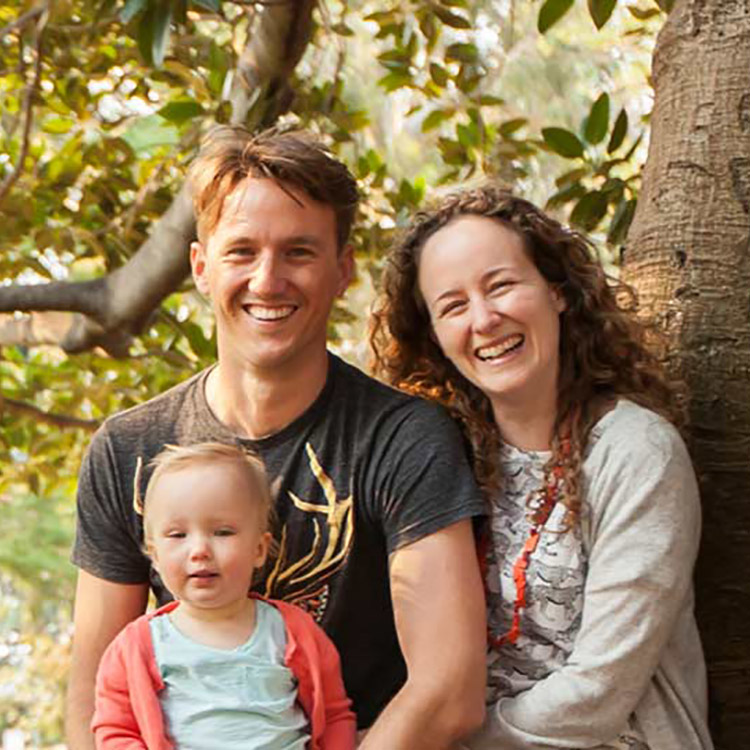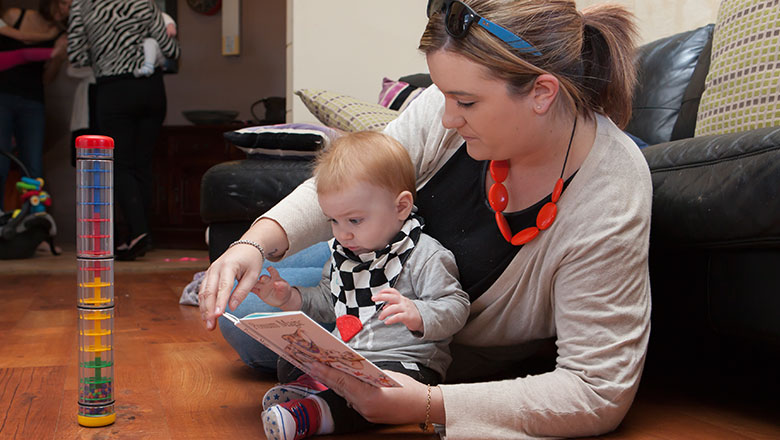Search

News & Events
Language Study Reveals Need for Long Term MonitoringA new study looking at the receptive language development of young children has highlighted the need to monitor kids over time to ensure they don't fall behind.

News & Events
New evidence on the importance of birth spacingResearch from The Kids Research Institute Australia shows that a short time interval between pregnancies may be less of a risk factor for preterm birth and low birth weight
News & Events
New study to track development in the middle childhood yearsResearchers from the Telethon Institute have been awarded an ARC Linkage Grant to develop a measurement of the middle childhood years of Australian children.
News & Events
Late talking toddlers: new research debunks the mythsNew research findings from the world's largest study predicting children's late language emergence has revealed that parents are not to blame for late talking
News & Events
How well are we raising our children?A ground breaking study of WA 5-year olds has found that more than a quarter of the children have developmental difficulties that could have life-long impacts.

News & Events
Building the best communities for early child developmentThe Kids Research Institute Australia's Australian Early Development Census has become the world's first proven and reliable measure of early childhood development.
Research
Innovative Playful Learning Approaches to Improve Children’s Readiness for Primary Education in UzbekistanThe Government of Uzbekistan has committed to reforming preschool education, prioritising upskilling teachers to use international best practice.
Research
Study protocol for Healthy Conversations @ Playgroup: a multi-site cluster randomized controlled trial of an intervention to promote healthy lifestyle behaviours in young children attending community playgroupsEarly childhood is a critical window for preventing obesity and chronic disease. Yet, 1 in 4 Australian children aged 5 years and under are affected by overweight or obesity; and significant proportions of children under 5 years fail to meet guidelines for diet quality, physical activity (PA), screen time, and sleep.
Research
Identifying young adults at high risk of cardiometabolic disease using cluster analysis and the Framingham 30-yr risk scoreCurrent strategies to reduce cardiovascular disease (CVD) risk in young adults are largely limited to those at extremes of risk. In cohort studies we have shown cluster analysis identified a large sub-group of adolescents with multiple risk factors.
Research
Adolescent education outcomes and maltreatment: The role of pre-existing adversity, level of child protection involvement, and school attendanceMaltreated children are at high risk for low educational achievement, however few studies have accounted for confounding risk factors that commonly co-occur (including child, family and neighbourhood risk factors) and results have been mixed, particularly for adolescents.
